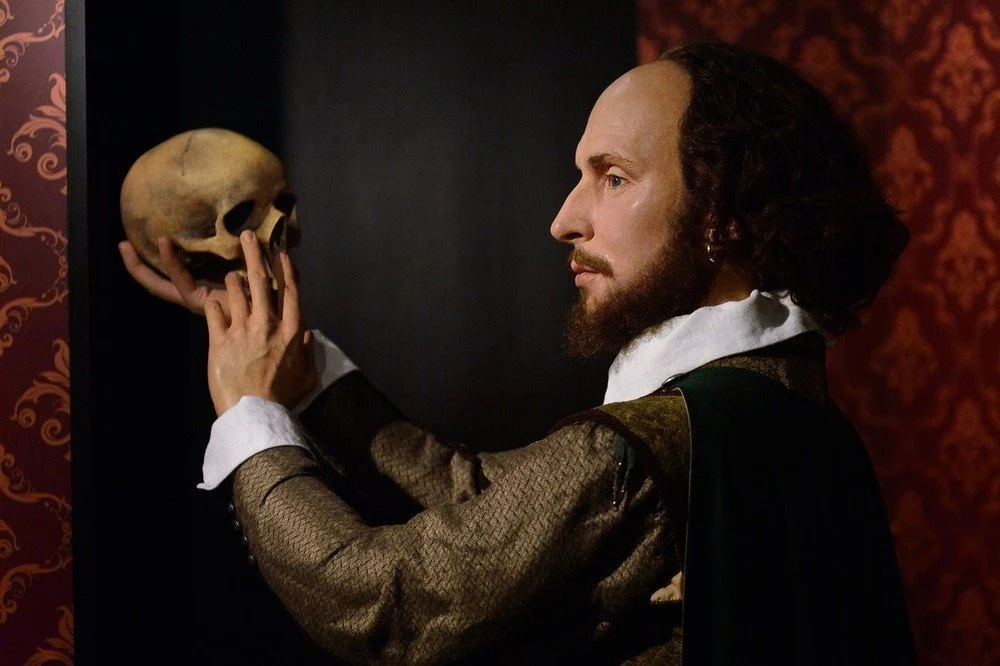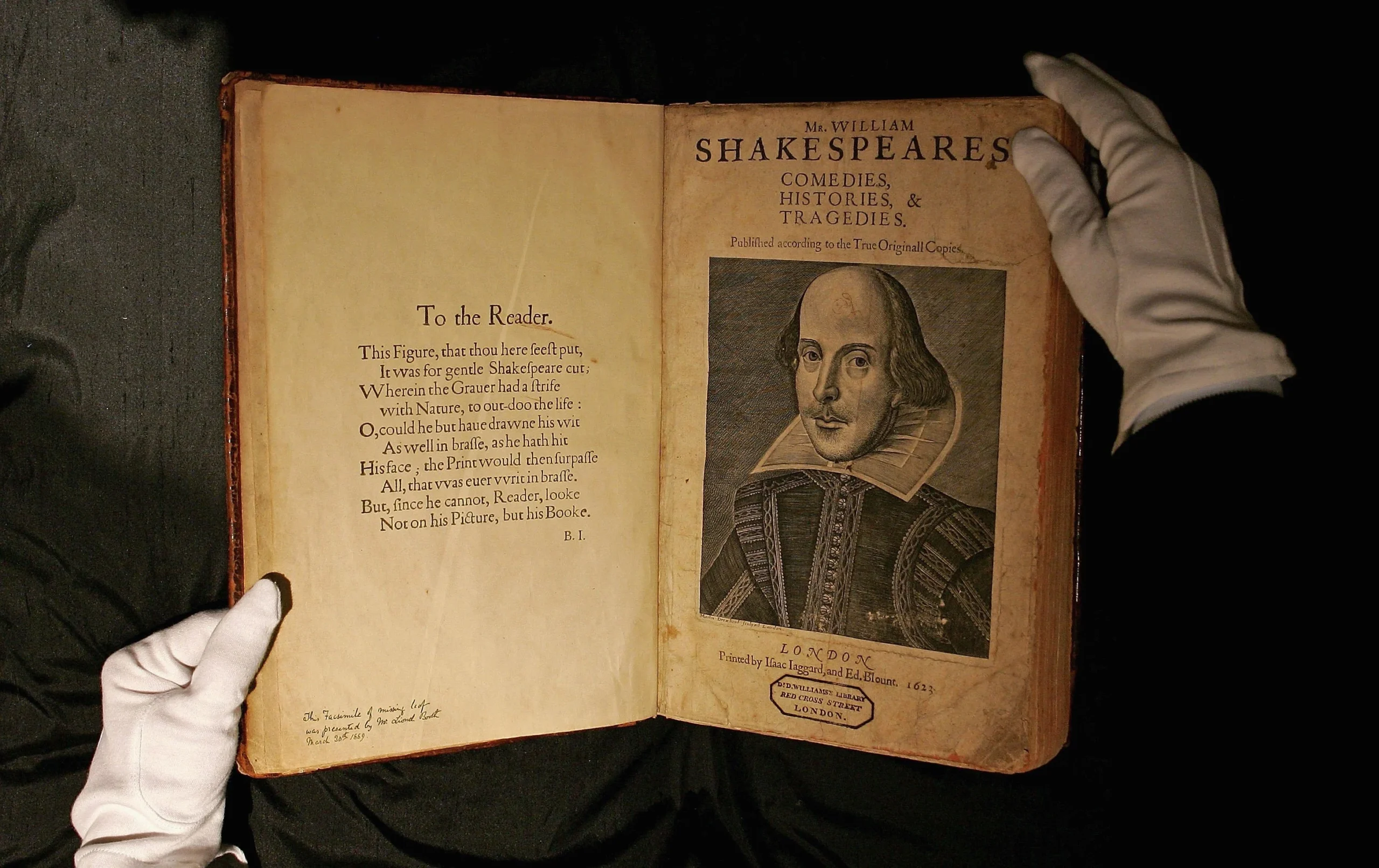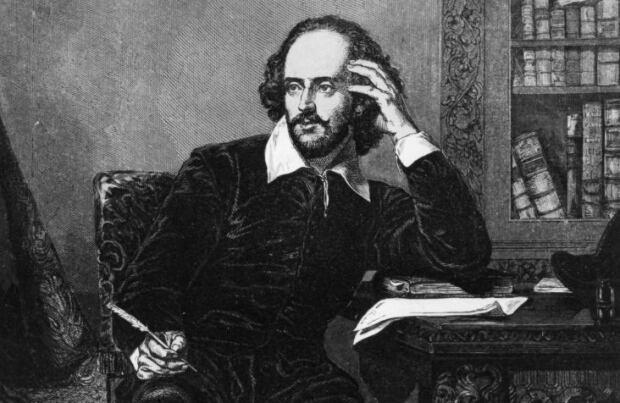By Valia Nikolaidou,
William Shakespeare, the famous English playwright, poet, and actor has many iconic and classic plays attributed to his name; to name a few, Romeo and Juliet, Hamlet, Othello, Julius Caesar, Midnight’s Summer Dream, and (a personal favorite) Anthony and Cleopatra. His legacy has surpassed over four centuries and his works are still being discussed, thoroughly analyzed by scholars, adapted by many mediums, and generally, enjoyed by the people. However, there has been a lingering conspiracy theory that claims Shakespeare might not have been the literary genius we all think he was.

Based on historical evidence, Shakespeare was actually a real human being, living in Stratford-upon-Avon, a small town in the county of Warwickshire in England. His ambiguous background arose many doubts about the real authorship of his plays, for the first time, in the middle of the 19th century. Proponents of the “Shakespeare authorship conspiracy” claim that there are no records of Shakespeare’s life and upbringing; no mention of him belonging to the aristocratic English society (a humble, low-class man would never know how the bourgeois lived so he could feature them in his stories) and no references of him having received some basic education (let alone one of a higher status which would explain the intense complexity of his writing style).
Additionally, the validity of his found manuscripts is questionable due to the fact that the signature of his last name seems to change in each copy; indicating perhaps, that his last name is actually a pseudonym used by the real author or even used by multiple people. Theorists basically believe that the real Shakespeare was a mere businessman who invested his money into the theatre and actually indulged in acting every once in a while; thus, his hands-on involvement with the artistic world. Lastly, the contents of his will did not mention a single one of his works, not even the 18 pieces that were unpublished at the time of his death, and no public mourning was organized.
Over 80 people were suspected of being Shakespeare and here are some of the most famous theories. The first theory that was introduced, talked of a small group of politicians who lived in obscurity and were led by Sir Walter Raleigh, an English explorer who helped the British Empire significantly to achieve the colonization of North America. The most influential theory came from a book called The Seven Shakespeares (1931) which insinuated just that; that there were seven people involved in the writing of all the iconic plays we have come to know and love. The prominent philosopher and politician Francis Bacon, the “father of empiricism”, was at the forefront of the real authorship of Shakespearean plays because of his poetic style, which stroked a great resemblance with the originals.
Theorists have also claimed to have figured out a bunch of ciphers among the plays; a well-known hobby of Bacon’s. Many of Edward de Vere’s (17th Earl of Oxford) personality traits were quite similar to various Shakespearean protagonists, especially in Hamlet. An honorable mention of the people belonging to this group is Mary Herbert, the Countess of Pembroke. She was one of the first women to have her literary talents recognized; she created a kind of book club for renowned poets of that time and went on to translate various plays and poems. Despite being extremely educated and proficient in four languages (French, Italian, Latin, and Greek), her position as a woman living in Elizabethan society, would obviously not allow her to publish any of her works legally. Perhaps, her possible alias as Shakespeare might have been her chance to showcase her talent.

This theory has been opposed by many scholars, researchers, and historians over the years, with much evidence leading toward the fact that William Shakespeare might have been after all, completely real (and personally, as an English major I would have to wholeheartedly agree with their point of view!). However, it is always fun to look at a different perspective of something that you never thought was any doubt about it. This conspiracy theory is definitely one of my guilty pleasures!
References
-
Did Shakespeare Write ‘Shakespeare’? Much Ado About Nothing. skepticalinquirer.org. Available here
- The Shakespeare Authorship Page. shakespeareauthorship.com. Available here




